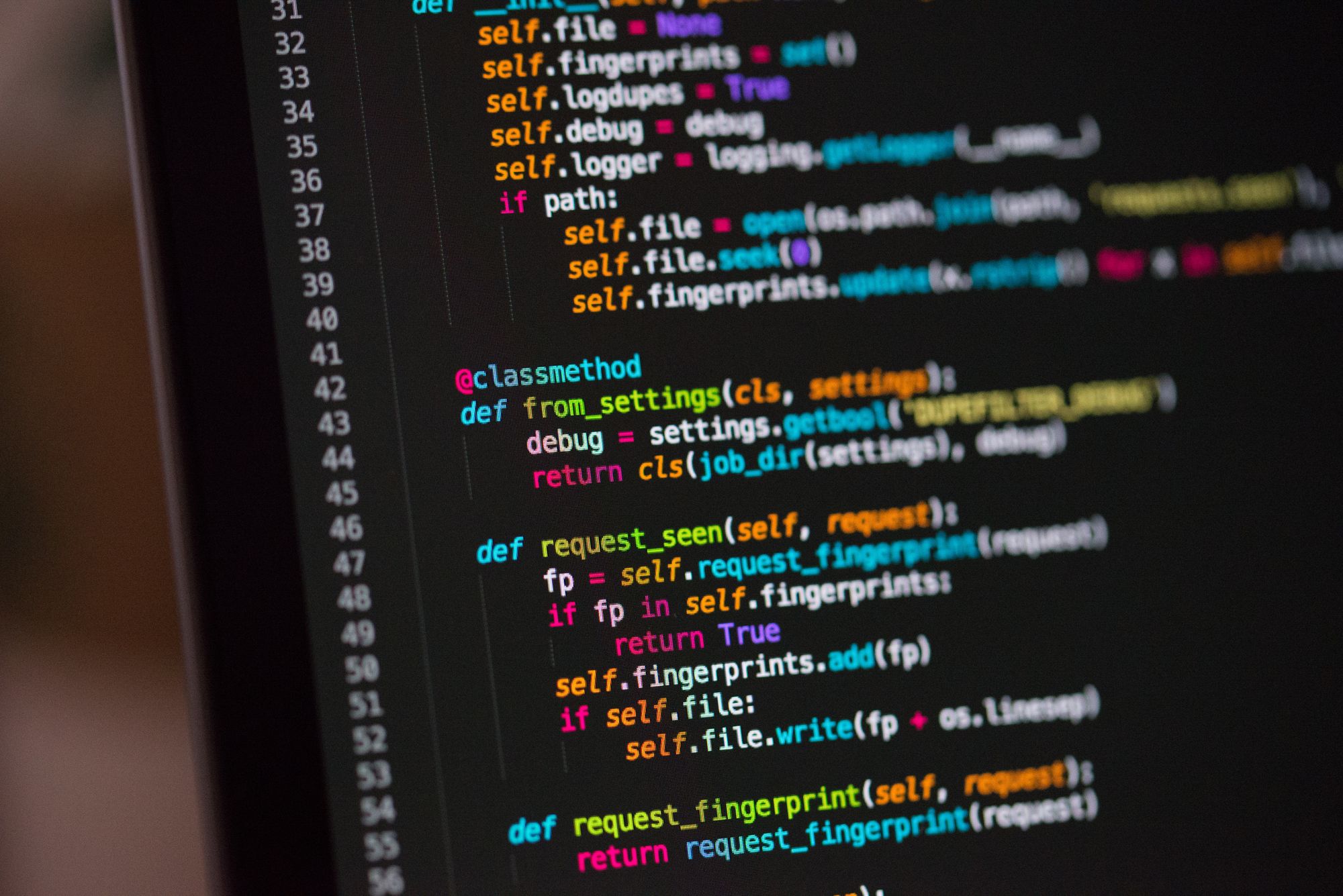What is Python | Python Programming | Introduction to Python for Beginners
What is Python | Python Programming | Complete Introduction to Python for Beginners
There are a few different ways to learn Python, but the best way is to start by downloading the Python software and installing it on your computer. This will allow you to start writing and running Python programs on your own computer.
Next, you should read a good Python tutorial or book to learn the basics of the language. There are many resources available online, including tutorials on the official Python website and books from major publishers.
Once you have a basic understanding of the language, you can start practicing by writing small programs to solve simple problems. This will help you gain more experience and become more familiar with the syntax and structure of Python.
As you continue to learn and practice, you can also try working on larger, more complex projects. This will give you the opportunity to apply your knowledge and skills to real-world problems and develop your expertise in Python.
In addition to learning from tutorials and books, you can also consider taking a class or online course to learn Python. This can be a great way to learn from experienced instructors and get guidance and support as you progress through the material.
Overall, the key to learning Python is to be persistent and consistent in your efforts. Keep practicing and challenging yourself, and you will be well on your way to becoming a proficient Python programmer.
Python is a popular, high-level programming language known for its simplicity, readability, and flexibility. It is a general-purpose language that can be used for a wide range of applications, including web development, scientific computing, data analysis, and artificial intelligence.
Python is an interpreted language, which means that the code is executed line by line, as opposed to compiled languages, which are converted into machine code that can be run directly on the computer's hardware. This makes Python an ideal language for rapid prototyping and development, as it allows developers to test and modify their code quickly and easily.
One of the key features of Python is its large and comprehensive standard library, which includes modules for many common programming tasks, such as interacting with the operating system, working with data, and handling errors. This means that Python programmers can often write code more quickly and efficiently, as they don't have to reinvent the wheel every time they need to perform a common task.
Python is also an object-oriented language, which means that it is organized around the concept of objects, which are collections of data and functions that work together to perform a specific task. This allows developers to create reusable components that can be easily combined to build larger, more complex programs.
Overall, Python is a versatile and powerful language that is well-suited to a wide range of applications. Its simplicity, flexibility, and rich standard library make it a popular choice for beginners and experienced programmers alike.




Comments
Post a Comment
If you have any doubts. Please let me know.